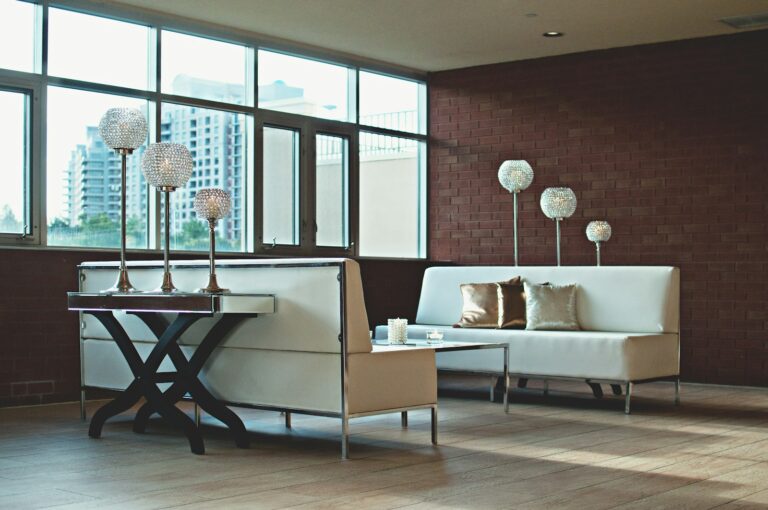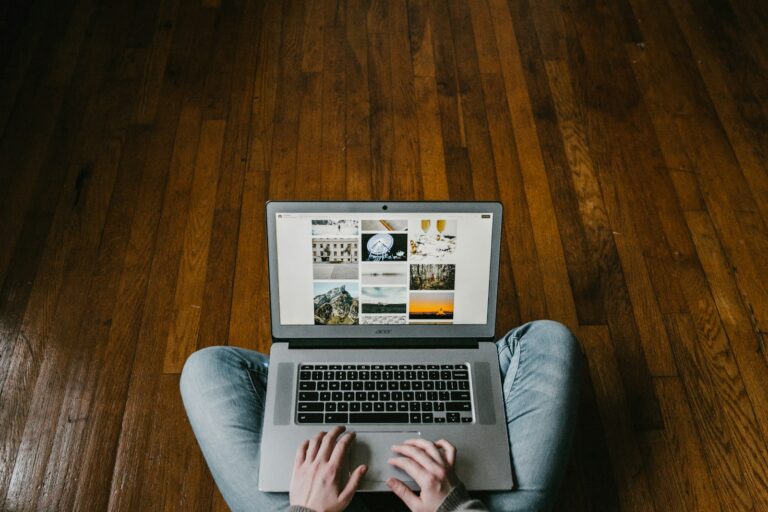Hardwood floors are a beautiful and timeless addition to any home, but they can also be a slippery and unforgiving surface for your feet. Whether you’re traversing your living room or tackling a vigorous workout, the right footwear can make all the difference in protecting your floors and ensuring your comfort.
The Importance of Proper Footwear for Hardwood Floors
Hardwood floors are susceptible to scratches, dents, and scuffs, especially from footwear with sharp edges or abrasive soles. Poor footwear choices can also lead to discomfort and even injuries due to slippery surfaces. Investing in appropriate footwear can help prevent these issues, extending the life of your floors and keeping your feet happy.
Understanding the Risks
- Scratches and Dents: Sharp heels, studded soles, and even some flat shoes can leave visible marks on hardwood floors, diminishing their beauty and value.
- Scuff Marks: Rubber soles, especially darker ones, can transfer scuff marks onto lighter-colored hardwood.
- Slips and Falls: Polished hardwood surfaces can be incredibly slippery, especially for individuals with reduced mobility or those wearing socks or smooth-soled footwear.
- Foot Fatigue: Walking on hard surfaces for extended periods can strain your feet, leading to fatigue, soreness, and even foot pain.
Soft-Soled Footwear
Soft-soled footwear offers a comfortable experience while protecting your hardwood floors from scratches. The flexible soles provide cushioning and support, reducing the impact on your feet and the floor.
Popular Choices:
- Slippers: Slippers with soft, non-abrasive soles are ideal for lounging at home. Look for those with suede, velvet, or fleece lining for added warmth and comfort.
- Moccasins: Moccasins with leather or suede uppers and flexible soles provide a classic and comfortable option for casual wear.
- Soft-Soled Sneakers: Many brands offer sneakers with soft, flexible soles that provide ample cushioning and grip.
- Knitted Shoes: Knitted shoes are lightweight and breathable, with soft soles that are gentle on hardwood floors.
Hard-Soled Footwear
Hard-soled footwear, often associated with more formal occasions, can also be a good choice for hardwood floors, but careful consideration is essential. Look for shoes with smooth, non-abrasive soles and avoid those with sharp edges or metal studs.
Best Options:
- Leather Dress Shoes: Choose leather dress shoes with smooth, non-abrasive soles and avoid those with aggressive treads or rubber soles.
- Flats: Leather or suede flats with flat, smooth soles offer a stylish and comfortable choice.
- Loafers: Loafers with smooth leather soles provide a classic and versatile option.
Specialty Footwear
For specific activities like workouts, dancing, or high-impact movement, specialty footwear designed for hardwood floors is crucial. These shoes offer superior grip and stability to prevent slips and falls while minimizing potential floor damage.
Workout Footwear:
- Cross-Training Shoes: Look for cross-training shoes with a flat, non-marking sole and a wide base for stability.
- Dance Shoes: Dance shoes with leather or suede soles provide grip and stability without damaging hardwood floors.
Tips for Protecting Your Hardwood Floors
In addition to choosing the right footwear, there are other steps you can take to protect your hardwood floors:
- Place Mats: Use mats or rugs in high-traffic areas to absorb dirt and debris and protect your floors from wear and tear.
- Regular Cleaning: Regularly clean your hardwood floors to remove dust, dirt, and grime that can cause scratches.
- Furniture Pads: Attach felt pads to the bottom of furniture legs to prevent scratches.
Conclusion
Choosing the right footwear for walking on hardwood floors is crucial for protecting your floors and ensuring your comfort. Whether you opt for soft-soled slippers, sleek dress shoes, or performance-driven workout footwear, make sure your shoes are appropriate for your needs and provide a smooth, non-abrasive surface.
By following these recommendations and taking additional protective measures, you can enjoy the beauty and longevity of your hardwood floors for years to come.
Frequently Asked Questions
1. What are some common mistakes people make when choosing footwear for hardwood floors?
Answer: A common mistake is choosing shoes with sharp heels, studded soles, or abrasive rubber soles. These can easily damage hardwood floors by creating scratches, dents, and scuff marks. Additionally, some people neglect to consider the slippery nature of polished hardwood floors, opting for smooth-soled shoes that lack adequate grip, increasing the risk of slips and falls.
2. Are all soft-soled shoes safe for hardwood floors?
Answer: While soft-soled shoes are generally gentler on hardwood floors, not all are created equal. Look for shoes with non-abrasive soles made from materials like suede, leather, or soft rubber. Avoid shoes with rough textures or those that have intricate designs or embellishments that could scratch the floor.
3. Can I wear outdoor shoes indoors on hardwood floors?
Answer: It is generally advisable to avoid wearing outdoor shoes indoors on hardwood floors, especially if they have been exposed to dirt, grime, or debris. These materials can be transferred onto the floor and cause scratches, scuffs, and even damage the finish. It’s best to remove your outdoor shoes at the door and switch into indoor footwear to protect your hardwood floors.
4. What are some good options for footwear to wear while exercising on hardwood floors?
Answer: Cross-training shoes with flat, non-marking soles and a wide base for stability are ideal for workouts on hardwood floors. These shoes offer a good balance between grip and protection, minimizing the risk of slips and falls while reducing potential damage to the floor.
5. How can I make my existing shoes safer for hardwood floors?
Answer: Consider adding felt pads or protective covers to the bottom of your shoes. These pads can help reduce friction and prevent scratches on the hardwood floor. Alternatively, you can look for shoe protectors that slip over your existing shoes, providing a smooth, non-abrasive surface.


